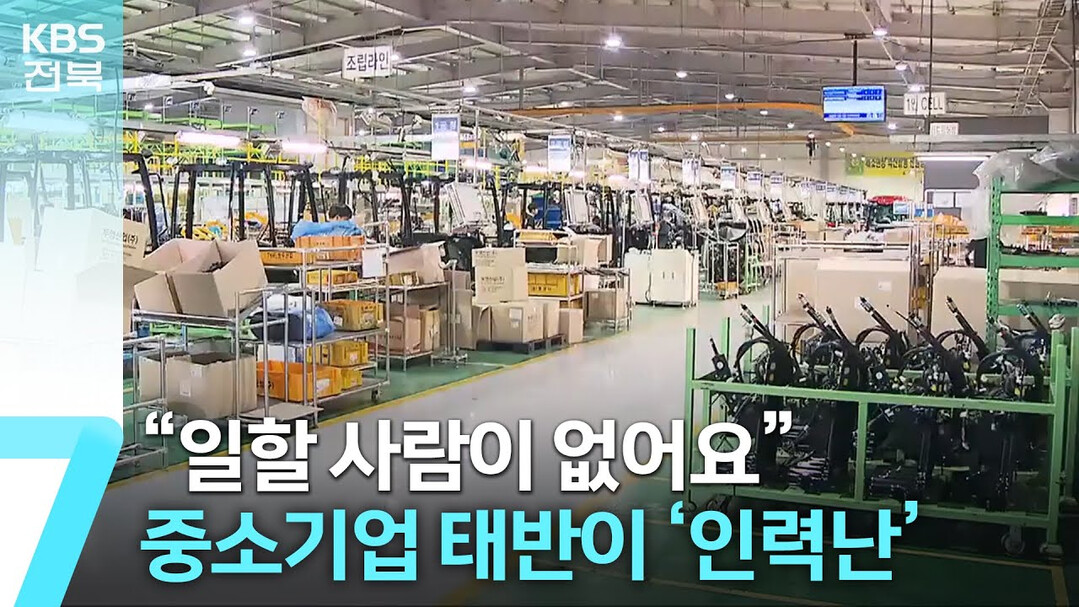
The South Korean government is set to introduce foreign caregivers and a 'top-tier visa' to tackle the rapidly increasing demand for elderly care and attract global talent in advanced industries.
Introduction of Foreign Caregivers:
Background:Rapidly aging population and surging demand for elderly care.
Severe shortage of domestic caregivers (predicted shortage of over 110,000 in three years).
Aging caregiver workforce (average age 61.7).
Key Measures:Specialized training program for foreigners with E-7-2 (quasi-professional) visas starting in the second half of the year.
Tailored training, including on-site practice, to enable immediate deployment to care facilities from next year.
Preference for those with overseas certifications in social welfare and nursing, or relevant academic backgrounds.
Long-term plan to designate 'foreign caregiver training universities' and establish a systematic management system.
Addition of the caregiver occupation to the E-7 (specific activity) visa in July 2023 (for foreign students graduating from domestic universities).
'Top-Tier Visa' for Attracting Advanced Industry Talent:
Objective:Attract foreign talent in advanced industries such as semiconductors, displays, secondary batteries, bio, robotics, and defense.
Key Measures:Issuance of top-tier visas to begin this month.
Eligibility:Master's or doctoral degree holders from top 100 global universities.
Individuals with over 8 years of experience, including 3 years at a Fortune 500 company.
Foreigners scheduled to receive an annual salary of three times the per capita gross national income (GNI) (approximately 140 million won).
Grant of F-2 (residence) visas with no employment restrictions, and eligibility for F-5 (permanent residency) after three years.
Significant benefits including 50% income tax reduction for up to 10 years, admission of children to foreign schools, and increased housing loan and guarantee limits.
Other Foreign Policies:
Introduction of Youth Dream Visa:Expand people-to-people exchanges with countries like Thailand that do not have working holiday agreements.
Prioritize demand from regions outside the Seoul metropolitan area and implement fully from the second half of the year.
Pilot Implementation of Regional Visas:Design of residency qualifications and quotas reflecting regional characteristics and needs.
Regular Meetings of the Public-Private Joint Visa and Stay Policy Council:Gathering on-site feedback from economic and industrial sectors.
Government Stance:
Foreign workforce utilization is essential in an aging society.
Create an optimal environment for attracting and settling outstanding global talent who lead global innovation.
[Copyright (c) Global Economic Times. All Rights Reserved.]






























